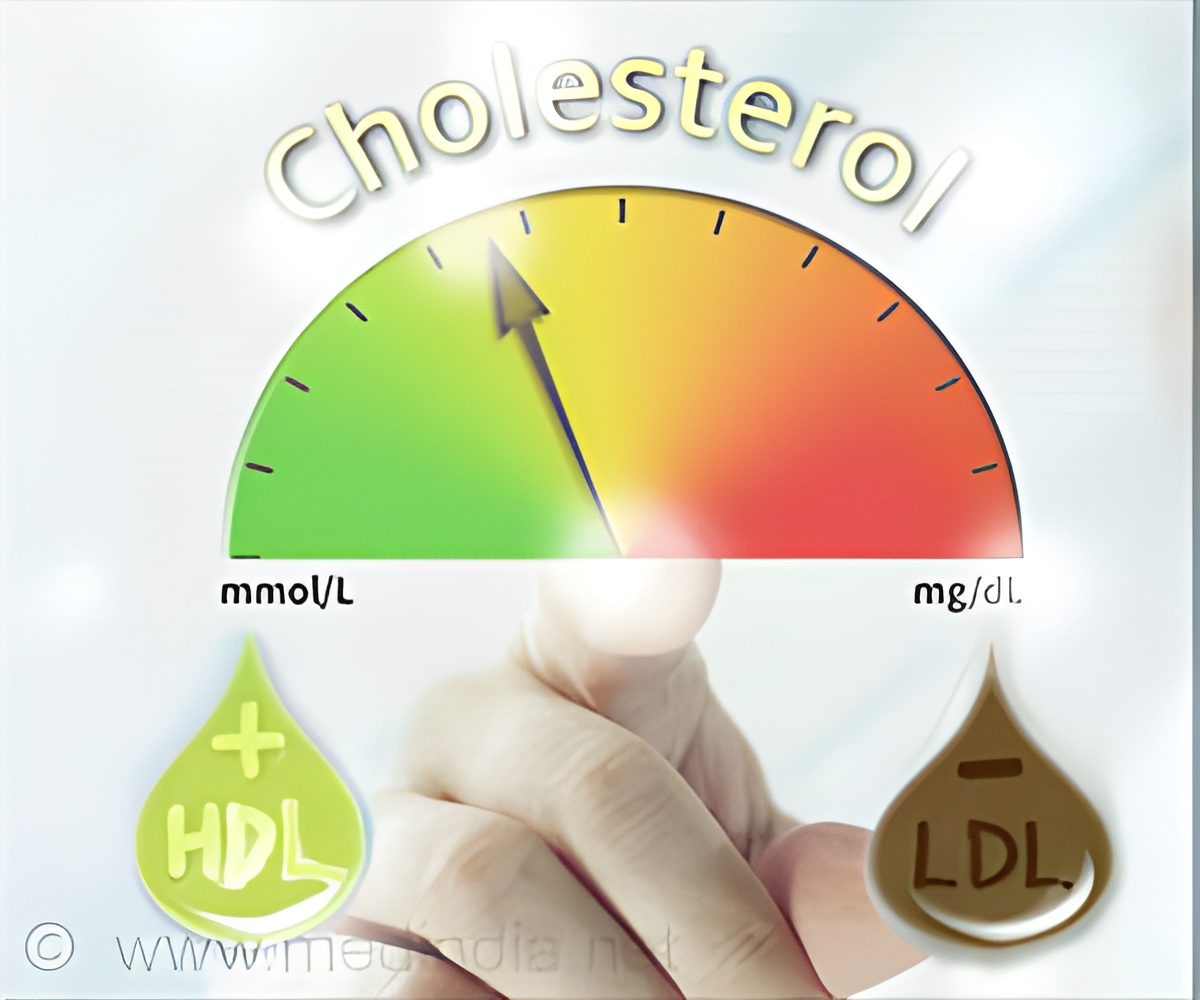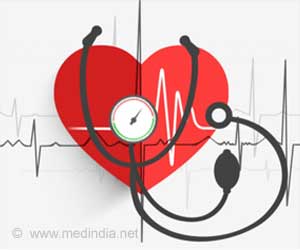High-density lipoprotein cholesterol (HDL) should not be given much importance compared to low-density lipoprotein cholesterol (LDL) and triglycerides.

‘Greater levels of high-density lipoprotein cholesterol or good cholesterol do not reduce the risk of cardiovascular disease when LDL and triglycerides levels are higher.’





The new research analyzes nearly 25 years of data from the Framingham Heart Study's Offspring Cohort. It focuses on the roles HDL, LDL (low-density lipoprotein cholesterol) and triglycerides (TG) play in increasing or decreasing the risk of heart disease. The study, published online in Circulation: Cardiovascular Quality and Outcomes, followed 3,590 men and women without known cardiovascular disease between 1987 and 2011. "There's no question that HDL does have a protective role, as we also confirm in the study, but HDL has been hyped-up," says senior author Michael Miller, professor of cardiovascular medicine at the University of Maryland School of Medicine and preventive cardiologist at the University of Maryland Medical Center. "HDL really should be viewed as a third priority, with LDL on top and TG second."
The questions:
- Can the level of HDL by itself determine the risk of a person developing heart disease? What happens to the risk if LDL and TG are abnormal?
- The researchers looked at study participants with both low and high HDL levels, and those who also had normal and high levels of LDL and TG
The conclusions:
- HDL was not uniformly predictive of cardiovascular risk
- TG and LDL modified the incidence of CVD in both low- and high-level HDL
- Compared with isolated low HDL, the CVD risk was 30-60 percent higher in the presence of high levels of LDL, TG or both
- High HDL was not associated with reduced CVD risk if TG and LDL were above 100 mg/dL
Source-Eurekalert














